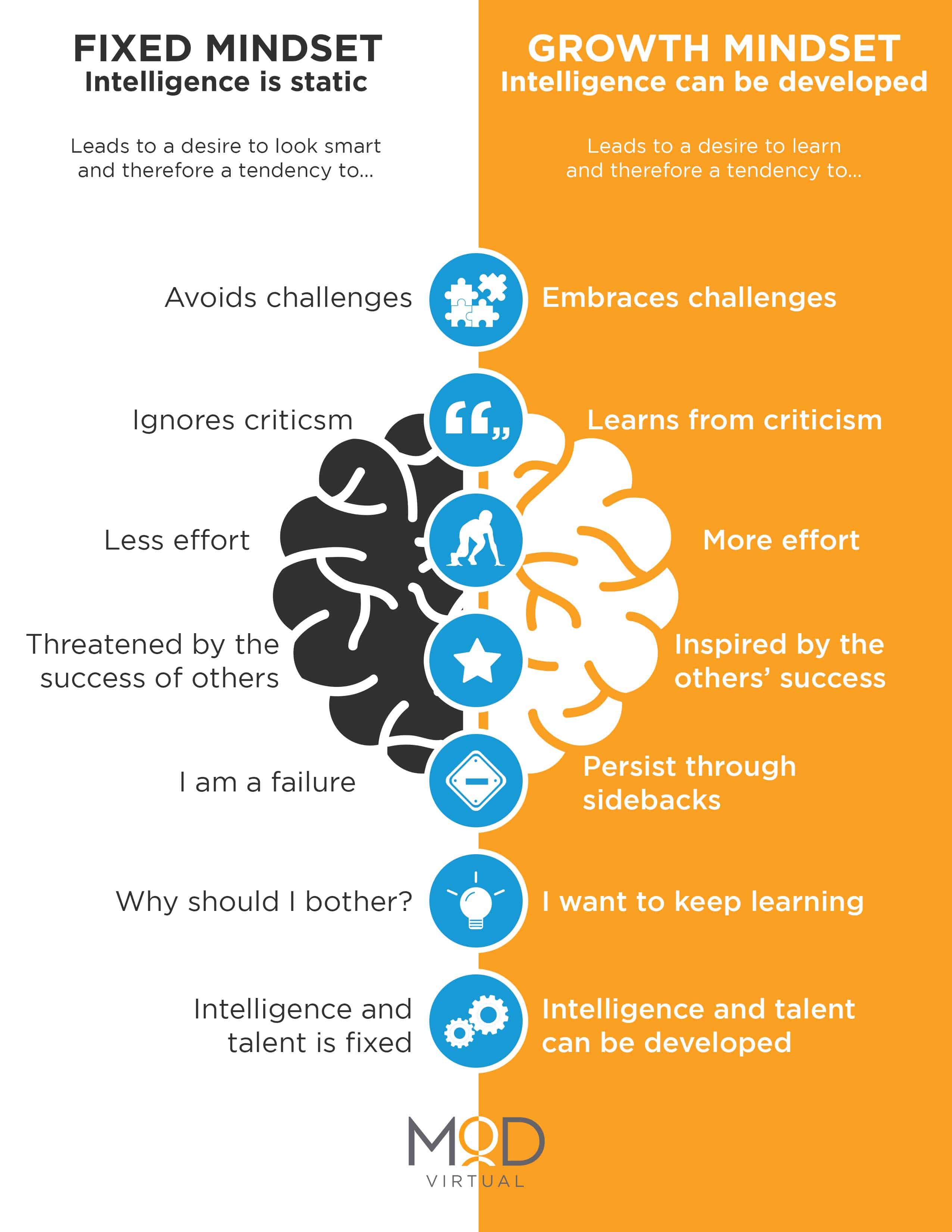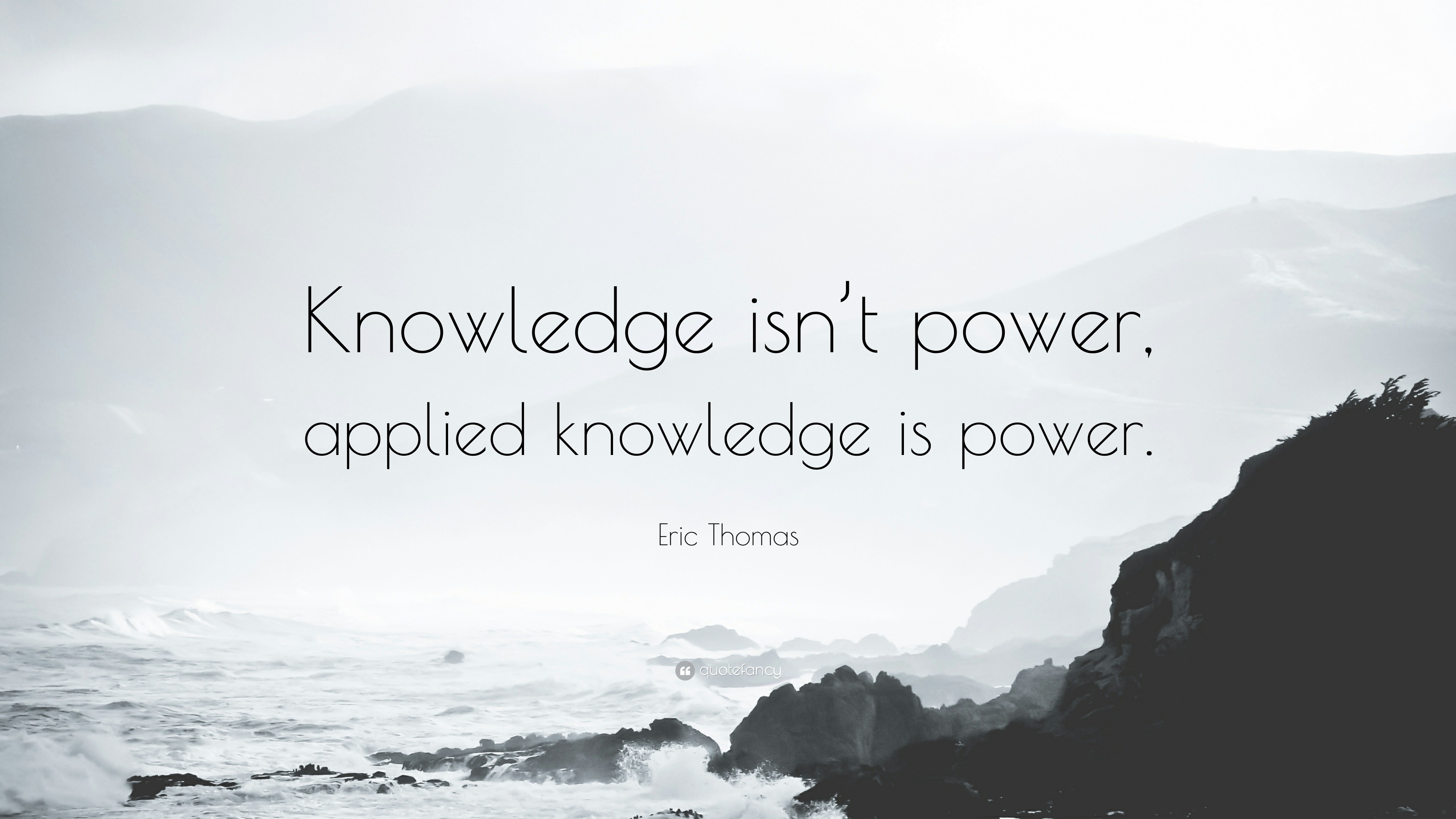My objective for this year is to read 52 books. The reason I’m saying this is to keep myself accountable, and to also try and inspire you to read a little more. I’ll post a list of all the books I’ve read at the end of the year with some insightful recommendations.
But why do I seem to want to read so much in the first place? Is there more to it than just expanding my English vocabulary and comprehension? Perhaps. In fact, I think I may be addicted to learning. I’ve spoken before about how to read more, but let’s unwrap why I read in the first place.
I’ll talk about how reading is similar to going to the gym, utilizing a growth mindset, how reading enables leaders, turning knowledge into power and using it to get better at academics.
Going to the gym for your brain
I love exercising. It’s a way for me to keep my physical health in check. I also get invigorated when I start pushing past my previous limits. There’s a similar feeling that I get when I read books. I like to think of reading as exercise for the brain. You have to constantly push past certain limits and absorb information rapidly.

You should also approach it in a similar way to physical exercise. Start small, get used to it, stay consistent and then slowly push yourself. The last thing you want to do is get overwhelmed because you decided to read a full book in 2 days, and then give up after 3 pages.
I like to think of myself getting smarter after every page that I read – to try and embrace a growth mindset.
Growth mindset
Let’s talk about neuroplasticity again! I read so much because I understand the effect it has on my brain. It’s a way for me to strengthen certain neural pathways and make the process of comprehending, digesting and analysing information a lot more efficient.
When you believe that something is truly useful to you (and you’ve experienced it first hand), it gets hard to stop. It almost doesn’t make sense to. The same applies when you believe that you can get better at something through putting in practice. All you have to do is keep trying, in order to grow.

Understand that where you are now is just part of the journey. You can get better. You can get smarter. You can get stronger. Just keep on learning.
Leaders are readers
Another reason why I read so much is because I know that it helps me understand the world better. Fiction allows me to become more creative, empathetic and understanding, as it forces me to think from different people’s point of view. Non-fiction allows me to grow, make sense of myself and to learn about how things work.
That being said, the quote ‘leaders are readers’ comes to mind. To try and understand the reason behind this, I thought about how effective leaders need to have a vast array of knowledge. This would be vital to taking charge and moving teams towards a common objective.
Reading (from a diversified set of genres) equips you with the skills and knowledge that is required to positively impact the world and bring about change. You gain confidence, depth and understanding, which catalyzes your ability to solve problems.
Knowledge is power (when you put it to action)
There’s a misconception when it comes to the phrase ‘Knowledge is power’. That is because it’s relatively easy to acquire knowledge, we do it all the time. What’s difficult is actually applying that knowledge and taking action based on it. That is where true power lies.
To try and actually gain some power out of my readings, I firstly engage actively with the content. This comes in the form of highlighting, taking notes or writing book summaries. Once I’ve extracted the key pieces of information, I try to reflect on it and see how I can apply it into my life. Another really useful technique is to try and explain the concept that I’ve learned to other people. This allows me to spread beneficial knowledge and solidify the information in my mind.

Helps with academics
Something that has been incredibly beneficial to me from a reading stand point is the ability to perform well in my academics. Like I’ve already mentioned, reading enables you to browse through large pieces of information and pin-point the most relevant and important aspects.
When it comes to reading academic literature, this skillset is incredibly valuable. Not only to get through the documents more efficiently, but also to extract what’s valuable for the reports and assignments in a short period of time.
It’s a skill that can be developed. It wasn’t something that I was always good at, but it’s something I continuously worked on, bit by bit, until I got better at it. It’s the result of incorporating a growth mindset.

So I hope I managed to answer the question ‘Why do I read so much?’. It’s truly liberating and can be used as an incredibly productive form of distraction. Remember that everything needs to be done in moderation.
Think of reading like going to the gym for your brain, incorporate a growth mindset to learn as much as you can, remember that leaders are readers, that knowledge put to action is power and that it can also help you academically.
Please share some of your favourite books in the comments and feel free to reach out to me should you want any recommendations. Happy reading!






